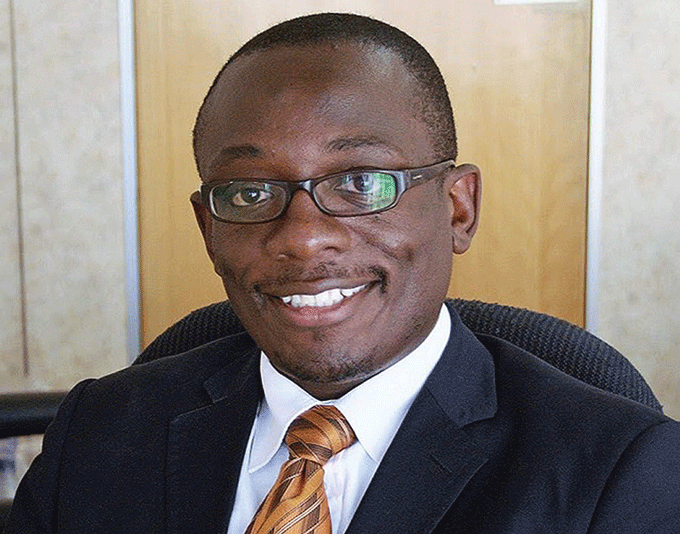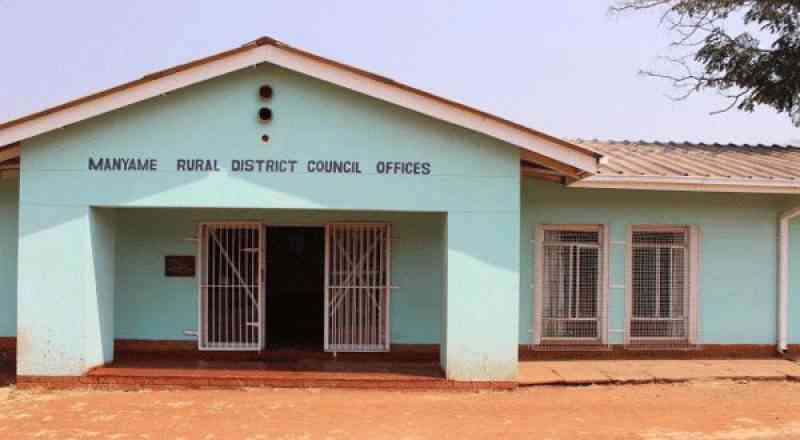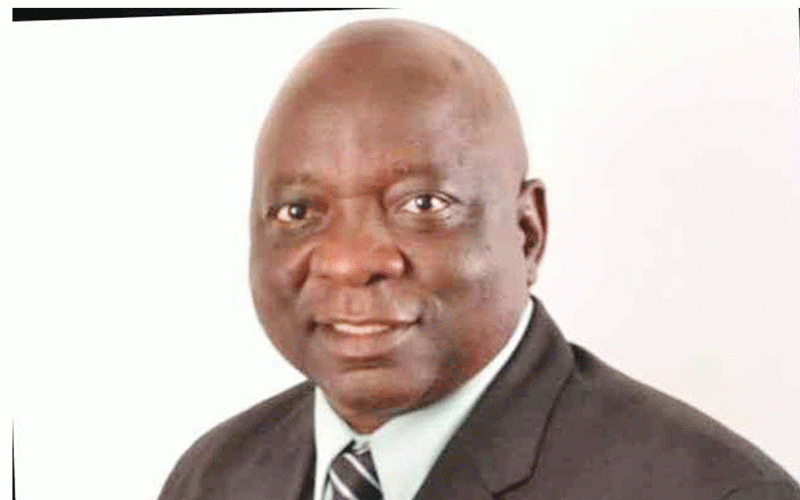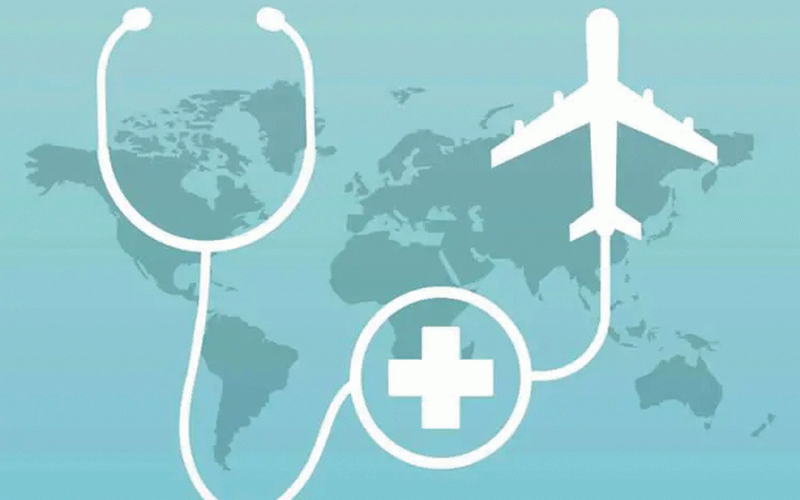
BY MIRIAM MANGWAYA/BEAUTY NYUKE/LORRAINE MUROMO
GOVERNMENT says it has allocated $500 million to schools as part of its commitment to ensure that they reopen in a safe environment for both learners and teachers.
This was said by Primary and Secondary Education ministry spokesperson Taungana Ndoro, who told NewsDay that government will also speak with different teachers’ unions on the way forward.
Government has not yet announced the school opening dates, but last month President Emmerson Mnangagwa ordered that preparations should begin.
Last Friday, government and teachers’ unions held a virtual meeting where the teachers’ representatives managed, for the first time, to air their grievances.
“The ministry has always been concerned with ensuring quality education in schools. We welcome all unions who represent teachers for the betterment of the educational system,” Ndoro said.
“However, the ministry also represents about two-thirds of the teachers who are not subscribing to any union. Therefore, government always strives to avail the required resources to meet the needs of both learners and teachers for a flourishing education system,” he said.
The unions that spoke to NewsDay after the meeting with the Primary and Secondary Education ministry secretary Tumisang Thabela and several education stakeholders last week aid the $500 million should be used for procurement of personal protective equipment (PPE).
- Chamisa under fire over US$120K donation
- Mavhunga puts DeMbare into Chibuku quarterfinals
- Pension funds bet on Cabora Bassa oilfields
- Councils defy govt fire tender directive
Keep Reading
Amalgamated Rural Teachers Union of Zimbabwe Artuz) president Obert Masaraure said during the meeting, teachers raised a number of grievances, including that parents could not afford to foot the bill for PPEs.
“We highlighted the unpreparedness of schools to open given government’s reluctance to assist in safe schools’ opening. Artuz bemoaned the fact that government had issued a decree for parents to entirely foot the bill for the implementation of the standard operating procedures (SOPs) disregarding the fact that citizens had their savings and livelihoods eroded by COVID-19-induced lockdowns. The ministry admitted that this was an error and government had reserved $500m for schools for the SOPs,” Masaraure said.
He said Artuz also raised the issue of an increase in child abuse cases and urged the ministry to craft legislation to protect children against harmful social, religious and political practices.
Low salaries were a key point of discussion and the unions asked government to improve their working conditions.
Progressive Teachers’ Union of Zimbabwe president Takavafira Zhou said it was essential for government to utilise the knowledge and experience of serving teachers to devise policies to enhance a sustainable education system.
“The ministry needs to move away from its closeted research and self-pollination in order to accommodate other research by teachers’ unions, particularly over fast-tracking of the continuous assessment learning area programme on a zero-budget and without adequate timeframe for engagement with teachers, standardisation and interoperability,” he said.
Zhou said government and teachers agreed that there should be wide consultations before the reopening of schools.
“It is noteworthy that the crucial issue of starvation wages was not discussed because it does not fall under the Education ministry’s purview, but that of the Public Service Commission (PSC). It is, however, our hope that the line ministry must also urge Cabinet to address this quandary as it has a bearing on the successful opening of schools,” Zhou said.
He said PSC was using a rusty collective bargaining approach and an archaic Statutory Instrument 141 of 1997, while section 65 of the Constitution called for robust and fair collective bargaining.
“Engaging in constructive dialogue with teacher unions can ensure that reform initiatives and policies are supported by the very people who have to implement them,” Zhou said.
- Follow us on Twitter @NewsDayZimbabwe










